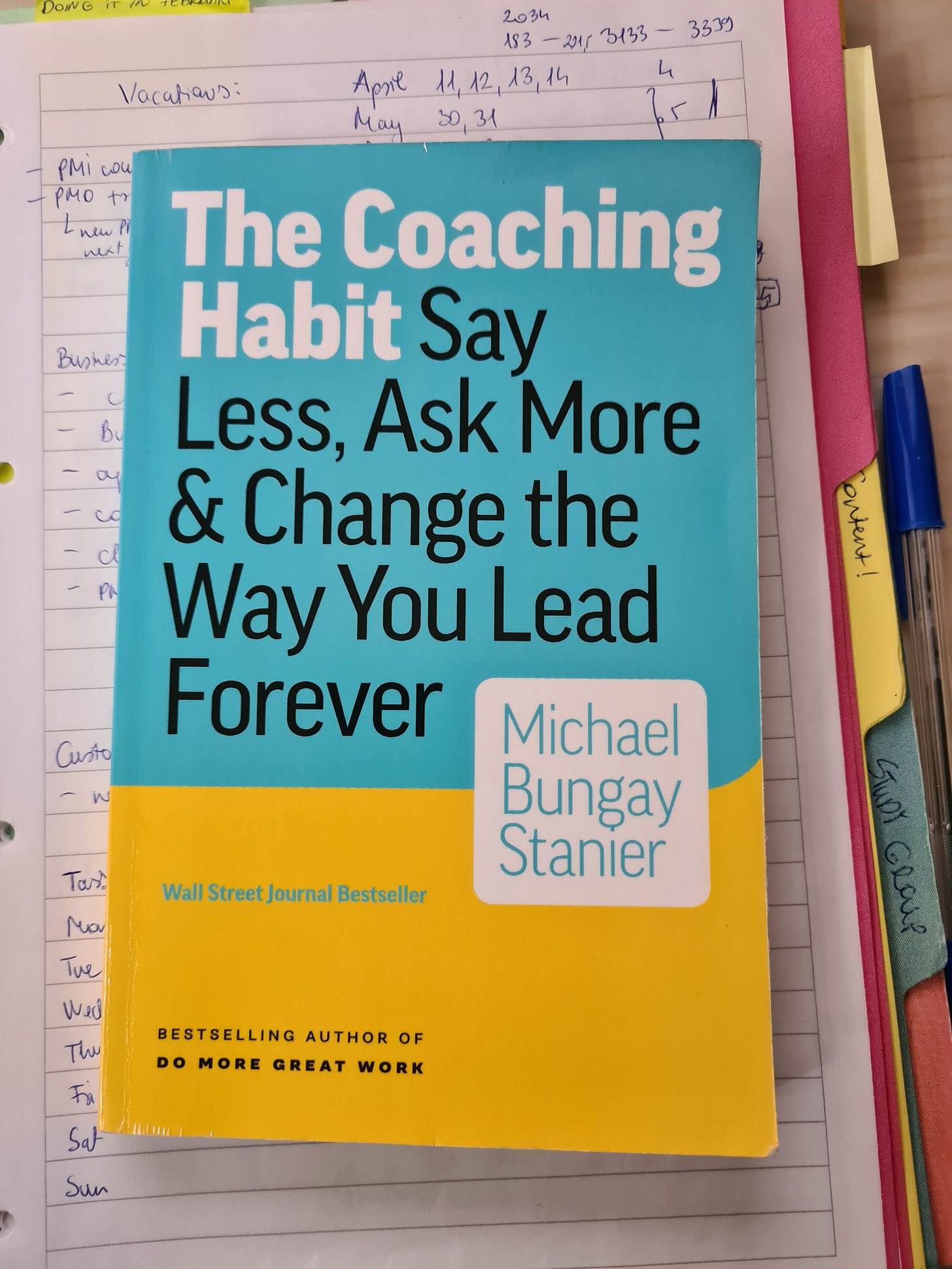Project Management Career Path
Read time: 4 minutes
Hey, welcome to the second Agile Admiral Newsletter.
I’m so excited on substack there are 41 subscribers and on LinkedIn 990 subscribers. This is massive and helps me to move forward.
Thank you
One of the most common questions I get on LinkedIn is:
“How can I accelerate my Project Management career? How can I become a Senior Project Manager or Program manager?”
So today I'm sharing my thoughts around career path and what are the key skills you need at each stage.
Career Path
Research
Project management is an in-demand career path. The Project Management Institute (PMI) estimates that the global economy will need 50 million new project professionals by 2030 in order to keep up with demand.
There’s no single route in project management.
But there is a potential to move into various roles. Project management career path is sustainable for a long term, even beyond 15 years.
Let’s breakdown what is the path to reach Senior PM and/or Program manager level.
“Evolution of PM roles”:
Junior Project Manager
Project Manager
Senior Project Manager
Program Manager
What does this means?
Junior Project Manager
Understands concepts of Project Management, with key focus of Waterfall/Predictive. Requires mentoring and oversight to deliver results. Demonstrated management of low risk project with limited challenges.
Project Manager
Managing projects independently. Demonstrated management of low/medium risk project or projects. Ability to manage stakeholders/business expectations. Effective interaction with senior managers.
Senior Project Manager
In this stage, experience will be the main driver of the career. Managing regional and/or global projects. Demonstrated management of medium/high risk project or projects. Ability to manage cross functional projects: business and functional
Program Manager
Managing complex projects, both technology and business perspective. Capable of delivering high risk projects successfully. Ability to influence and manage projects/project managers. Leading project managers.
In the upcoming newsletters, I will share more details of each stage of the Project Manager career.
Be practical - Experience count the most
Bookshelf
In this section, I will highlight the books I read on a regular basis. I find them useful in my project management career and therefore thinking is a good idea to share with you.
Book: The Coaching Habit by Michael Bungay Stanier
This book was a recommendation from my colleague last year. It is practical and full of useful ideas which you can implement quickly. One of my favorite takeaway is “saying less and stopping the cycle of constant advice-giving”. Super useful, otherwise, I continue speaking overwhelmingly a lot.
Give advice less, coach more and therefore empower the people they are working with. It is designed around 7 questions to ask
#1 What's on your mind?
#2 And what else?
#3 What's the real challenge here for you?
#4 What do you want?
#5 How can I help?
#6 If you're saying yes to this, what are you saying no to?
#7 What was most useful for you?
My key objective on every project is building a team. A team which communicates, speaks up and delivers. Now, this book helped me in this area.
Certifications
I am keen to help people passing PMI’s CAPM and PMP exams, therefore, I run weekly study groups to pass the first try.
This year so far, we had 250+ people attending the weekly study groups CAPM/PMP in total. Amongst those 250+ people attending, 27 ppl passed the exams CAPM/PMP.
My study groups are FREE of charge. If you are just considering getting certified or you have already started or even if you are 2 days away from the exam the Study Group will help you save time and effort.
Tuesday: Feb 28 - 5PM UK
Wednesday: Mar 1 - 5PM UK
The two buttons will take you to the scheduled LinkedIn events.
Next Newsletter
Every Friday at 12PM UK




